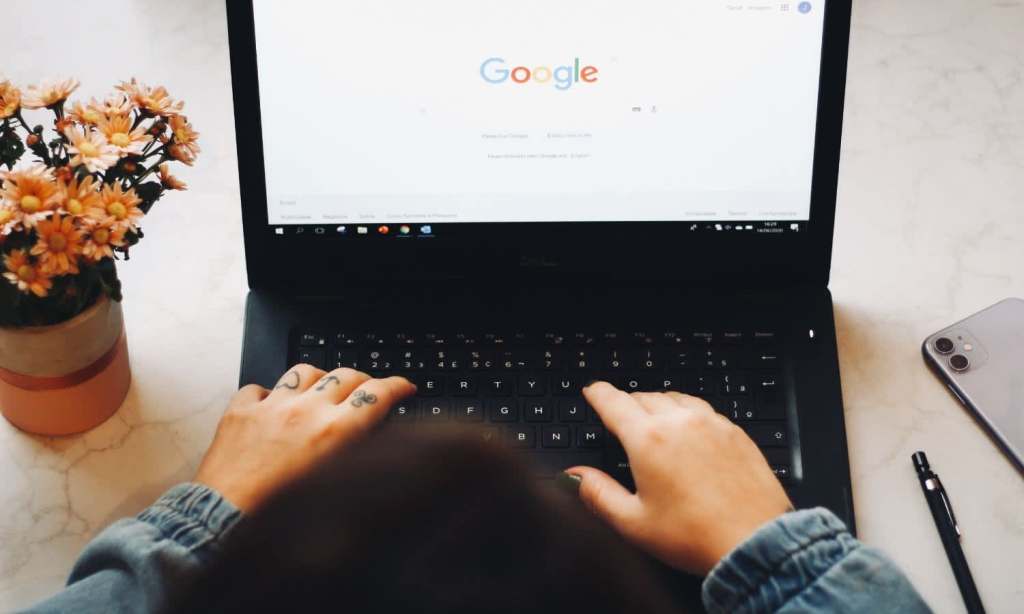You’ve got a slight tickle in your throat, or a phantom ache in your hip. You type your symptoms into Google and the next second — boom, cancer. Nevermind that you’re yet to see a cancer specialist, let alone your local GP. You’ve diagnosed yourself, all with the help of Google.
Yes, it’s a long-lived cliche of the internet, but cyberchondria — increased anxiety induced by the internet — is a very real thing.
Surprisingly though, a new study has found having a quick Google of your symptoms on the world wide web may not be as harmful as originally thought. In fact, it found that “performing an internet search was associated with improved diagnosis.”
The study, which came out of Brigham and Women’s Hospital and Harvard Medical School Department of Health Care Policy and published on JAMA Network, looked at 5,000 American adults in simulated cases. As for those who were superior at diagnosis? Turns out it was women, adults aged 40+, and those with poor health.
There are a few reasons that people may be better at self-diagnosis. One reason is that now, when you search health information, a lot of search engines have their own built-in health information, curated by major medical centres — just look at the recent announcement out of Google Australia, and its self-assessment tool for depression.
It turns out that almost half of the respondents to the study said this kind of information was the most helpful. Only a small amount of respondents used social media or forums for self-diagnosis.
Another reason? Turns out people who go searching for their diagnosis may already be set on it prior to searching — and the answer Google provides might justify it, and opposed to recommending anything new.
Also, the more severe the case, the more people are likely to identify the severity and take appropriate action — with or without turning to Google.
So there’s not really anything wrong with turning to Google and giving yourself a self-diagnosis — as long as you actually go to a health professional afterwards for confirmation. Remember, you could always be wrong.
Read more stories from The Latch and subscribe to our email newsletter.







